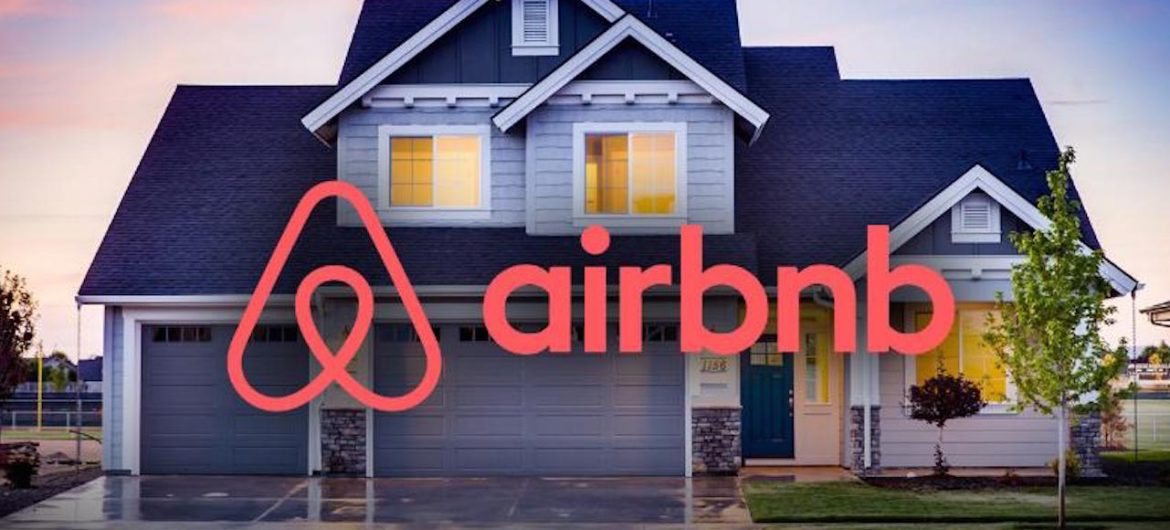Airbnb has issued some changes to their strategy with stakeholders, ahead of their IPO, which is expected to occur sometime this year.
Instead of placing the entirety of their focus on maximizing shareholder returns, Airbnb has placed an emphasis on pleasing stakeholders, which they group into five unique segments, according to a statement by the company.
The company listed its main stakeholders as guests, hosts, communities, shareholders, and employees.
“We aspire for Airbnb to be among the first of the true 21st-century companies, one that benefits all our stakeholders over the long term,” they wrote. “We believe that building an enduringly successful business goes hand-in-hand with making a positive contribution to society. Increasingly, that is what citizens, consumers, employees, communities, and policy-makers desire—even demand.”
As such, the company has promised to “strengthen the communities” they operate in and “enable the creation of millions of entrepreneurs” in reference to their hosts. The statement also goes on to pledge that Airbnb will “set a new standard for sustainable travel.”
This stakeholder-forward strategy could end up paying dividends to shareholders, which was likely the original intent, as the corporate winds have recently been blowing toward sustainability and community building.
At the Business Roundtable in August, a statement was drafted to broaden a corporation’s intent, saying that rather than focusing exclusively on profits for shareholders, businesses should strive to create value for all stakeholders, including employees, customers, suppliers, and communities.
Additionally, BlackRock CEO Larry Fink echoed a similar sentiment in a recent CEO letter, in which he urged businesses to do their part to help with important issues of the day, including environmental and social sustainability issues, like climate change.
This strategy is not without risk. Airbnb is a large, multinational company, with many moving parts. They have been consistently criticized by both industry detractors and local governments for driving housing costs up, shaking up the hospitality status quo and putting unprotected travelers and hosts at risk. How the company deals with these criticisms, and related state-issued regulations, will be key in how they are perceived by the public moving forward. Public perception matters when it comes to an IPO, after all.
“When we first sat down to begin this work, we knew we were undertaking a difficult and serious task,” the company wrote. “We allowed ourselves to think about problems and opportunities that will take multiple teams working over multiple years to solve. We are nowhere near finished.”
photo credit: airbnb




